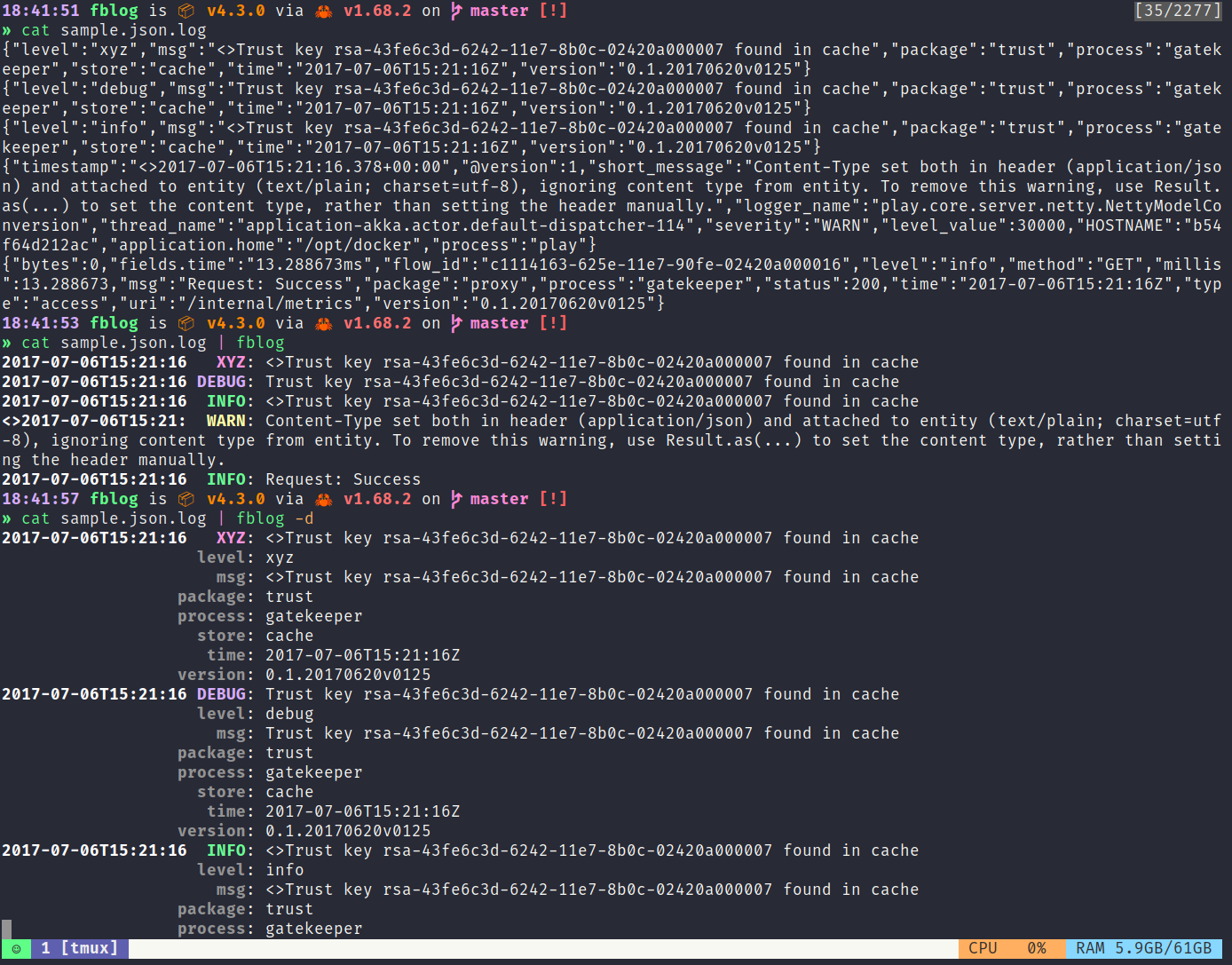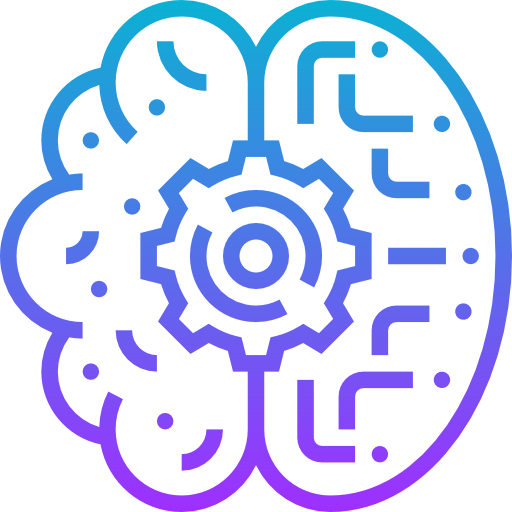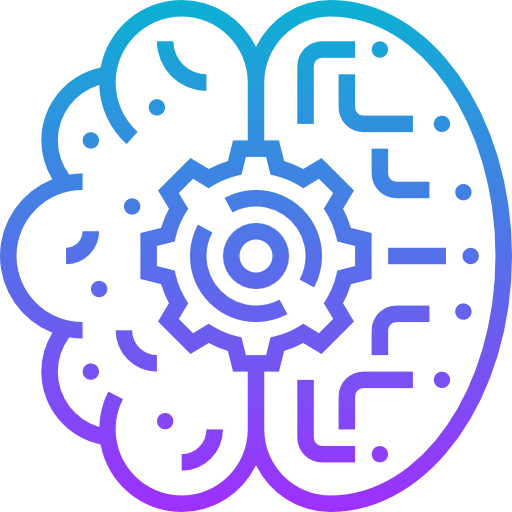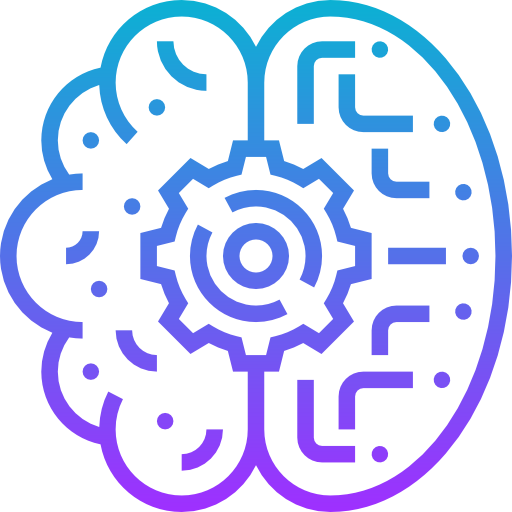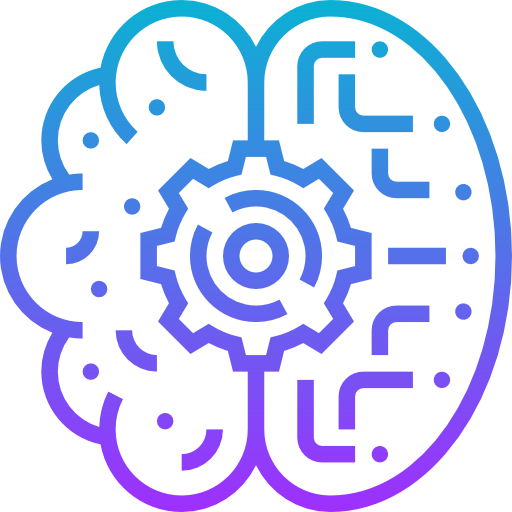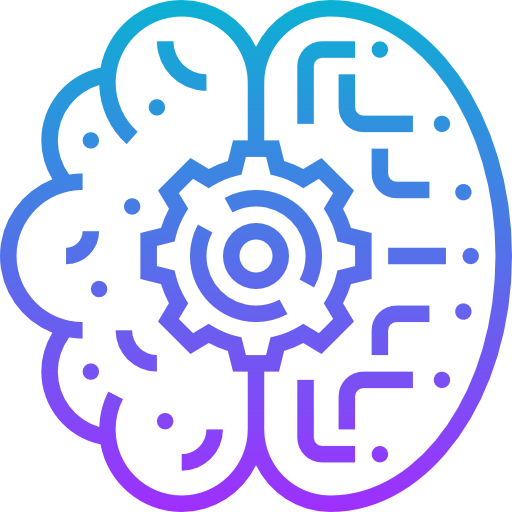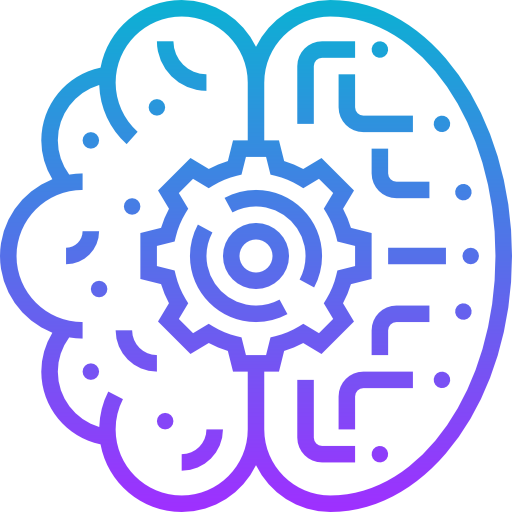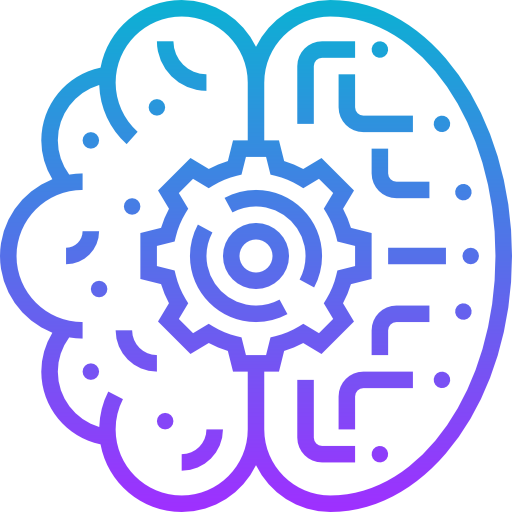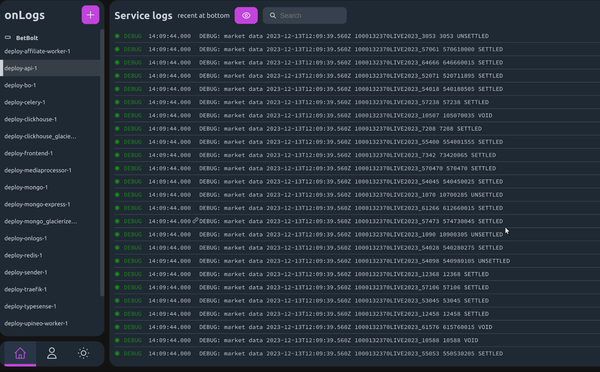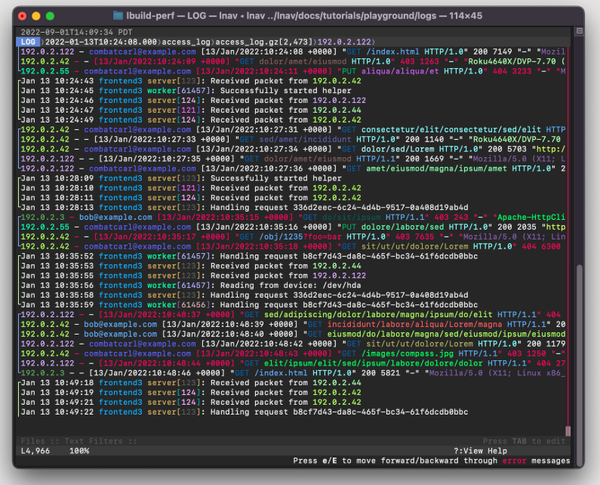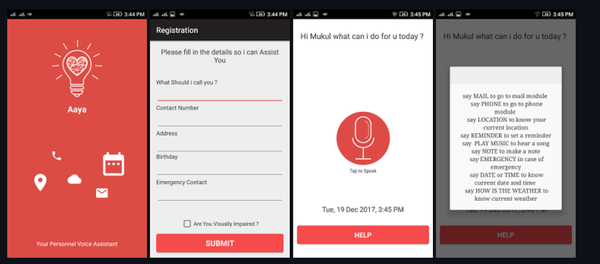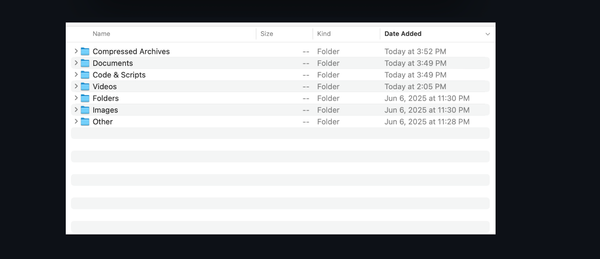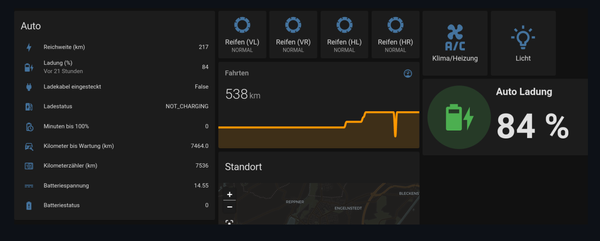28 Free and Open-source JSON Log Viewers for Windows, Linux and macOS
Table of Content
If you're a developer, data engineer, software engineer, or part of a data analytics or data science team, chances are you’ve spent hours sifting through logs, sometimes in frustration. That’s where a JSON Log Viewer comes into play, and understanding what it is, why it matters, and how powerful it can be for your workflow is essential.
What is a Log Viewer? and What is a JSON Log Viewer?
So, what exactly is a Log Viewer? Simply put, it’s a tool that allows users to read, analyze, and interpret log files generated by applications, servers, or systems.
These logs capture events like user actions, system errors, performance metrics, security alerts, and more. Without a proper viewer, raw log data is just a wall of text, overwhelming and nearly impossible to parse efficiently.
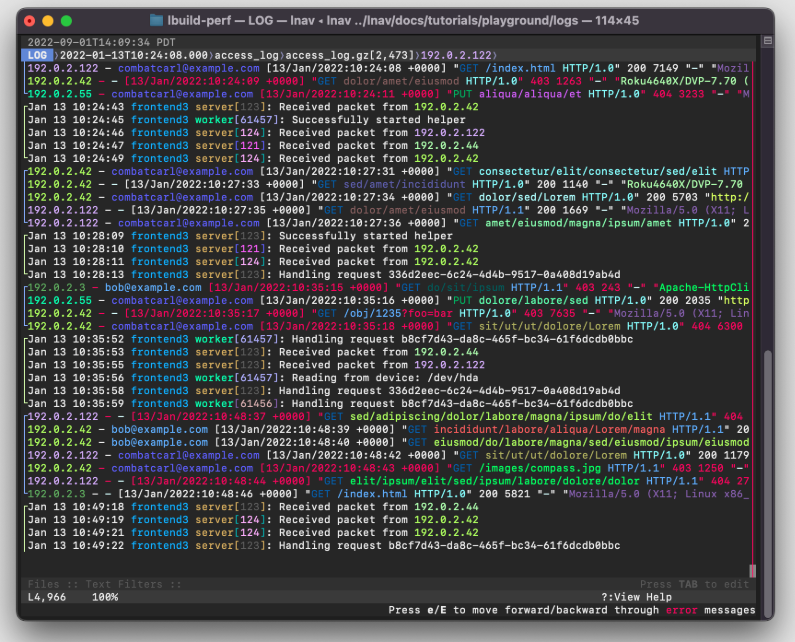
What is JSON?
Now, here’s where things get interesting: JSON has become the backbone of modern data communication. JSON, short for JavaScript Object Notation, is a lightweight, human-readable format used to store and transmit structured data. It’s widely adopted across web services, APIs, microservices, cloud platforms, and real-time applications because it’s easy to generate, parse, and integrate with almost any programming language.
In today’s tech landscape, most application logs are written in JSON format. This means developers don’t just need a log viewer, they need a JSON Log Viewer that understands structure, hierarchy, and nested data. A good JSON Log Viewer lets you expand and collapse objects, filter by key-value pairs, search across fields, and visualize data in a clean, organized way, turning chaos into clarity.
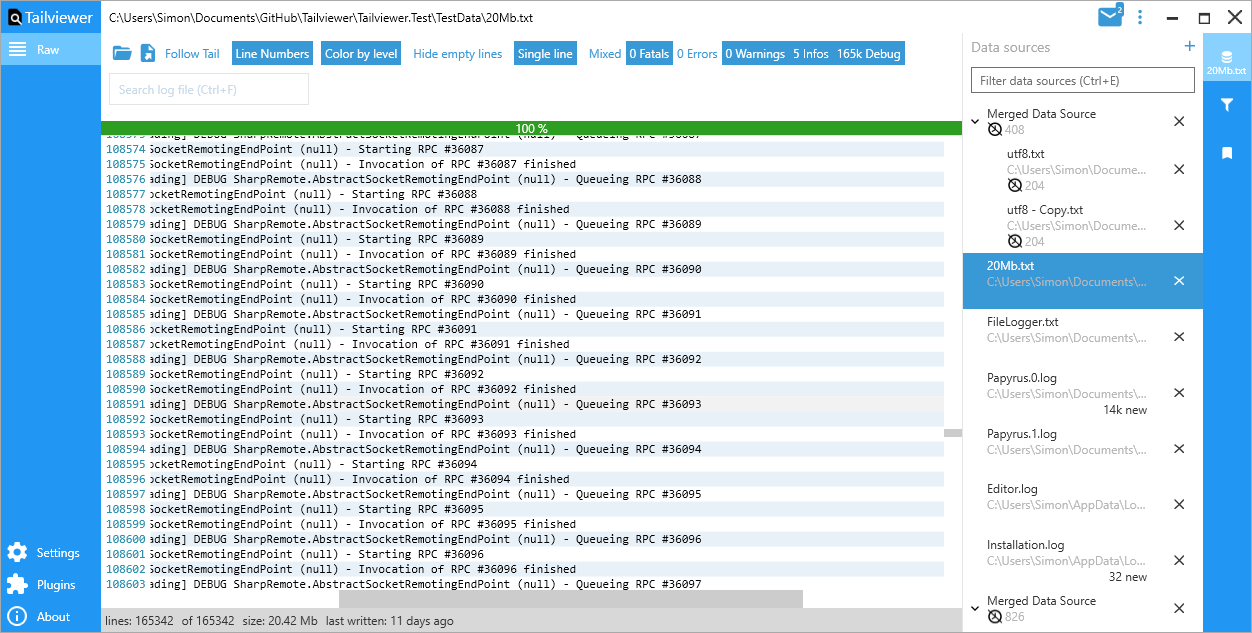
Why JSON Log Viewer matter so much?
For software engineers, being able to quickly spot an error in a request payload or trace a failed API call saves hours of debugging.
For data engineers, parsing complex event streams from Kafka, AWS CloudWatch, or Google Cloud Logging becomes seamless when logs are properly formatted and searchable.
For data analysts and data scientists, JSON logs often contain rich behavioral data, user journeys, transaction details, model predictions, that fuel insights. A proper JSON viewer helps extract meaningful patterns without writing custom parsers.
And for DevOps teams, real-time monitoring and alerting depend on fast, accurate log analysis, which starts with a reliable JSON log viewer.
Over the years, we’ve tested and reviewed dozens of log viewers and JSON file viewers, from browser-based tools and desktop apps to integrated IDE plugins and cloud-native dashboards.
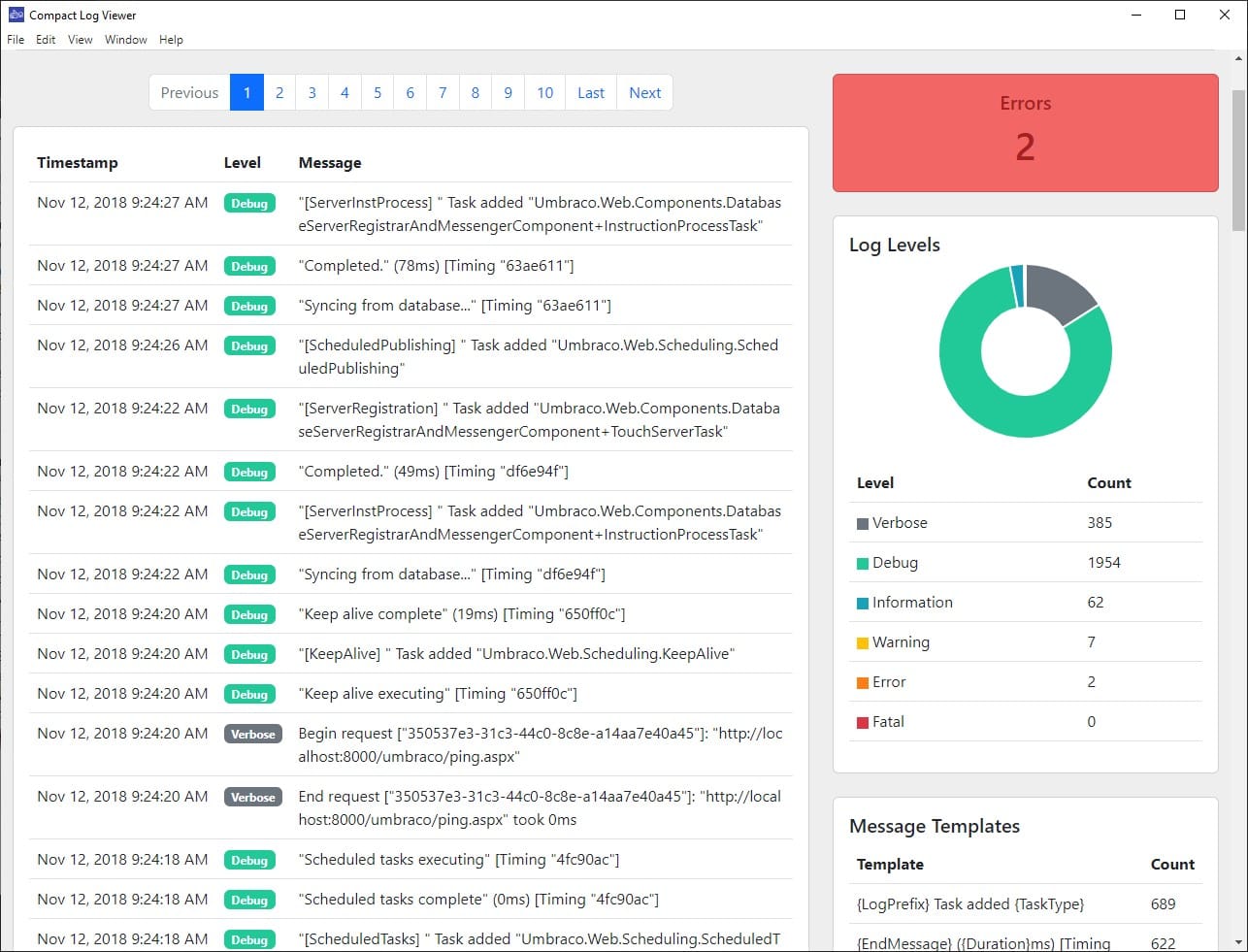
What we’ve learned is clear: not all viewers are created equal. Some choke on large files, fail to highlight syntax, or lack filtering capabilities. The best ones do more than display data, they empower you to explore, query, validate, and troubleshoot with confidence.
We believe this topic is important because logging isn’t just about recording events, it’s about understanding them. In high-stakes environments like fintech, healthcare, or SaaS platforms, a single misread log line can lead to downtime, data loss, or security breaches. Having a robust, intuitive JSON Log Viewer isn’t a luxury, it’s a necessity.
Whether you’re debugging a production issue, auditing user behavior, or building a real-time analytics pipeline, the ability to read and navigate JSON logs efficiently can make the difference between a quick fix and a prolonged outage.
So if you're still manually scanning through raw JSON logs, it’s time to upgrade your toolkit. Choose a JSON Log Viewer that supports syntax highlighting, tree navigation, search filters, and performance optimization, because in the world of modern software, visibility is power.
In this post, you will find a collection of the best free & open-source apps, scripts and tools that you can use to view JSON Log files.
So let's start.
1- JSON Log Viewer
JSON Log Viewer is a simple, online web tool that helps you analyze JSON-formatted logs in a clean, readable way.
You can easily customize it using JavaScript to extract and highlight key fields like Date, Kind, and Message, especially useful for viewing Kubernetes object logs. Just visit the site, enable JavaScript, and tweak the settings to match your log format. It’s a lightweight, no-install solution for quickly making sense of JSON logs.
Features
- Displays easy to read compact list of log entries.
- Expands to show the full prettified JSON.
- Fields are customizable.
- Filtering and highlighted search matches.
- Log levels are colorized.
- Display human readable or UTC timestamps.
- Supports JSON lines and JSON file formats.
- Analyze Kubernettes objects.
2- hl
The hl app is an open-source high-performance log viewer and processor that transforms logs in JSON and logfmt formats into a human-readable output. Built with efficiency in mind, it enables quick parsing and analysis of large log files with minimal overhead.
3- Janice
Janice is a free, lightweight desktop app for Windows, Linux, and macOS that makes it easy to view and navigate large, complex JSON files. It transforms raw JSON into an interactive, folder-like structure with instant expand/collapse, search, and syntax highlighting—no coding required.
It is built for developers, it handles files up to several gigabytes smoothly, ideal for debugging APIs, configs, logs, or datasets.
4- HugeJsonViewer
HugeJsonViewer is a simple yet powerful lightweight, free Windows program designed to open and navigate extremely large JSON files, up to several gigabytes (tested it with 5GB), without crashing. Built for developers and data professionals, it offers smooth performance on complex or nested JSON structures and supports formats like NDJSON.
Despite being developed between 2014–2024, it remains a reliable tool for handling massive datasets on Windows.
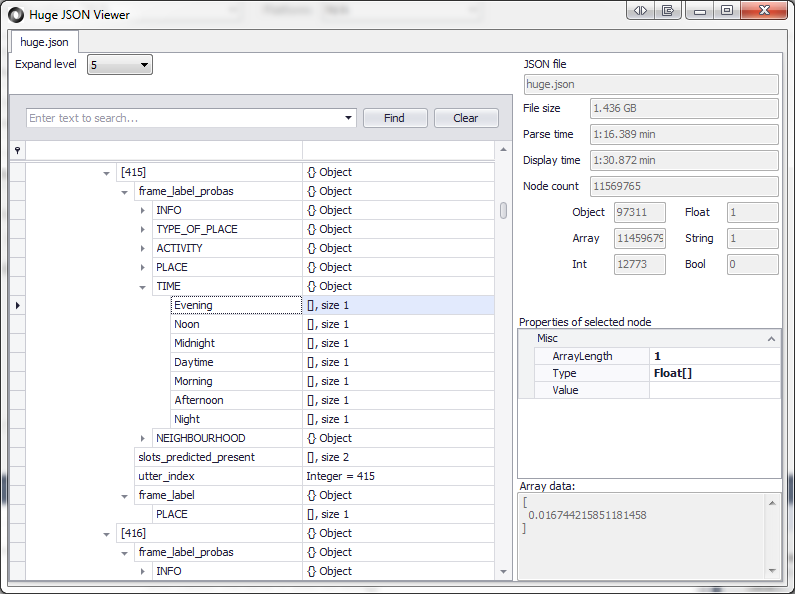
5- JSON Log Viewer
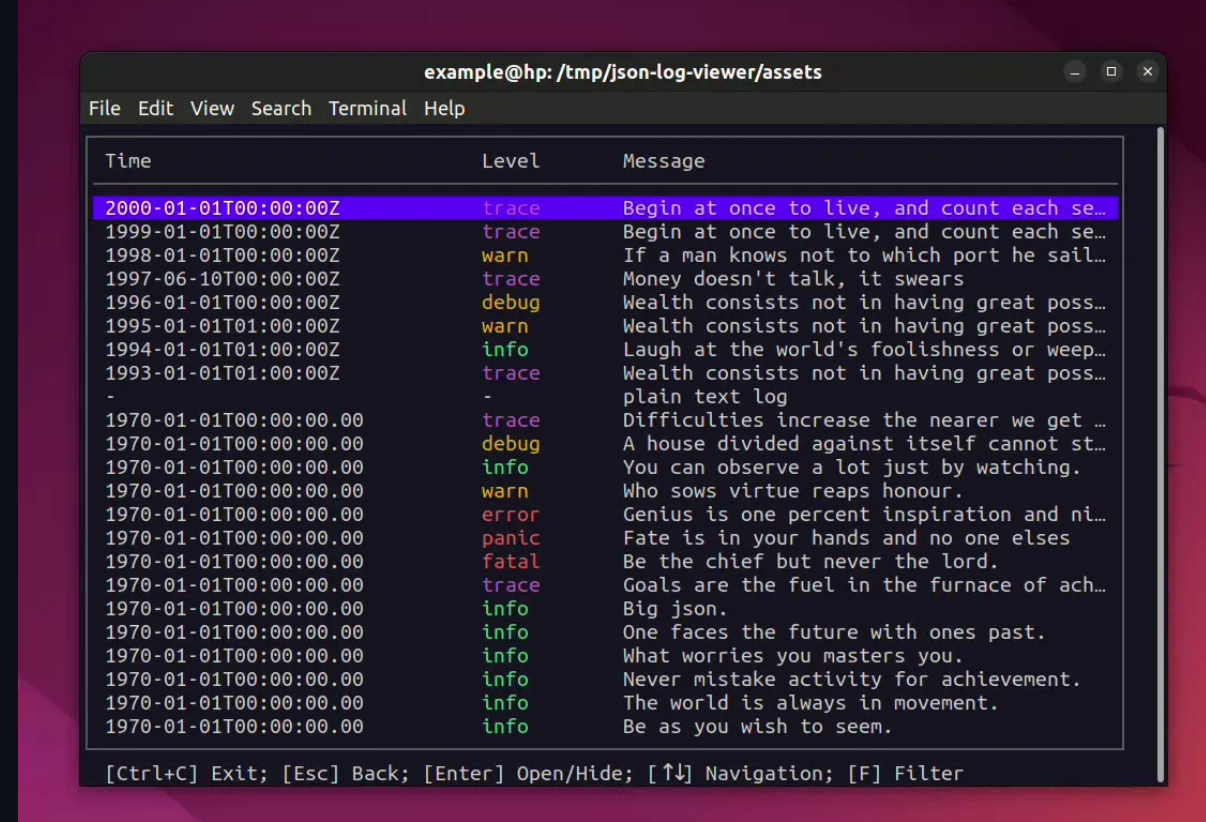
This is a command-line interactive tool for viewing and analyzing complex structured JSON logs.
FEATURES
- Fully interactive terminal UI built with
charmbracelet/bubbletea. - Displays a compact list of log entries for quick scanning.
- Expand any log entry to view a full, prettified JSON tree.
- Supports collapsible/expandable tree structures for nested JSON objects and arrays.
- Uses color-coded syntax highlighting to distinguish data types and structure.
- Applies proper indentation and formatting for readability.
- Handles pure JSON logs with full tree navigation.
- Captures and displays non-JSON log lines (e.g., plain text, mixed formats) without losing context.
- Inspired by
json-log-viewer, but enhanced and actively maintained. - Colorized log levels (e.g., error=red, warn=yellow) for instant visual recognition.
- Customizable fields – highlight, hide, or rename important fields.
- Uses
antonmedv/fxunder the hood for powerful JSON rendering and interactivity. - Easy-to-use filtering by keywords, phrases, or patterns.
- Search across all log entries in real time.
- Quickly isolate relevant logs for debugging or analysis.
- Automatically transforms numeric timestamps (Unix epoch) into human-readable format.
- Supports UTC, local, and custom timezone display.
- Ideal for post-mortem analysis, troubleshooting, and performance monitoring.
- Helps users understand complex application behavior through structured log visualization.
- Enables efficient navigation of deeply nested JSON structures.
- Navigate logs using intuitive keyboard controls.
- Real-time, responsive experience for smooth log exploration.
6- fblog
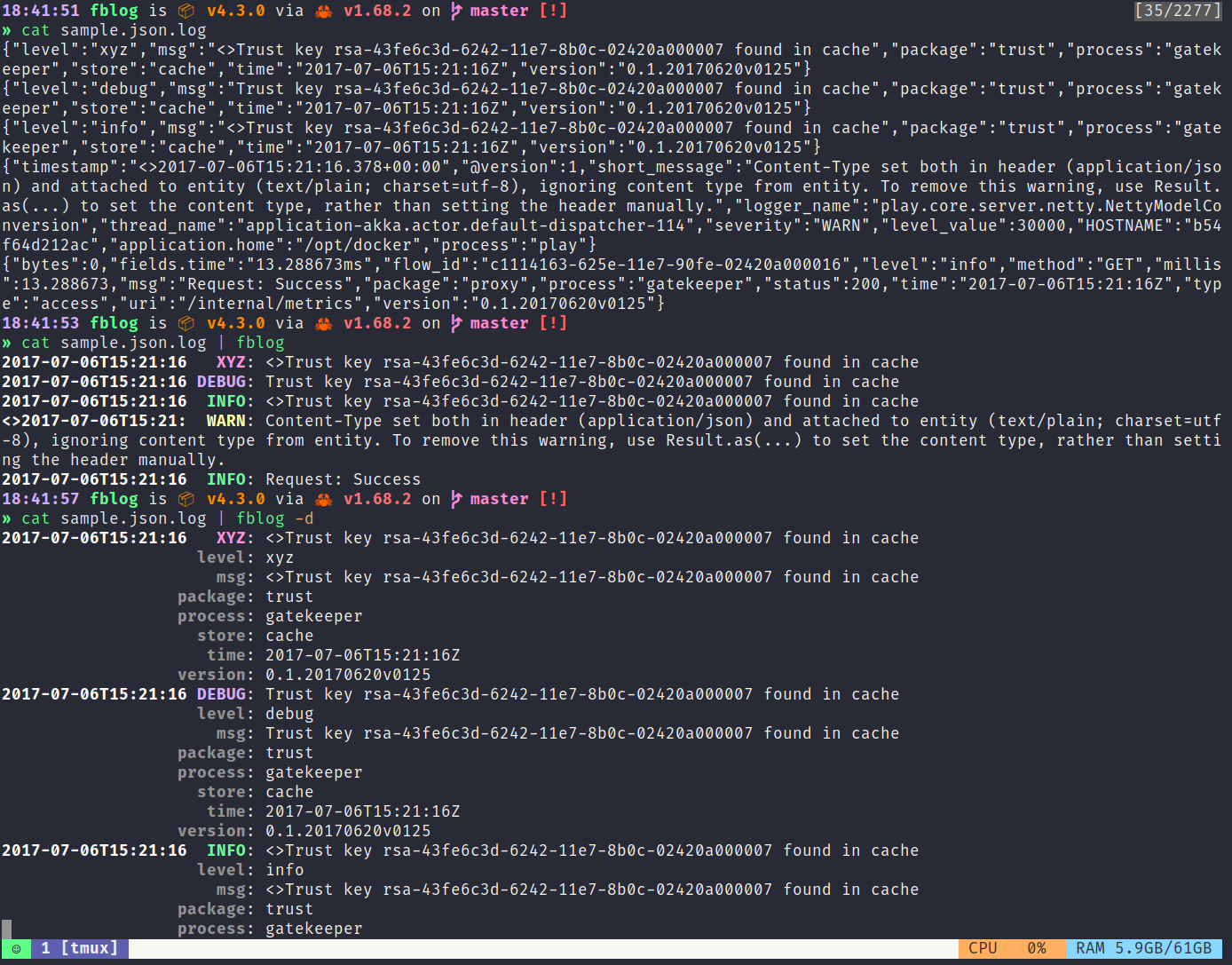
fblog is a free and open-source tool to view and display JSON log files.
Features
- View JSON log files with a simple, lightweight tool
- Print specific fields using the
-aflag (e.g.,message,status.a) - Parse and handle prefixed logs (e.g.,
PODNAME | {...}) with the-poption - Filter logs using Lua expressions (e.g.,
level ~= "info",process == "play") - Support for complex Lua conditions including
and,or,string.find, and explicitreturnstatements - Handle nested JSON fields (converted to Lua records, e.g.,
status_aforstatus.a) - Access array elements in logs (Lua-style indexing starting at 1, e.g.,
status.d[2] == "a") - Customize detection of message, severity, and timestamp fields
- Format output with custom main line templates using
--main-line-format - Use built-in Handlebars helpers for styling:
bold,red,yellow,blue,purple,cyan,green,uppercase,fixed_size,min_size,color_rgb - Apply color and formatting via conditional templates (e.g.,
{{#if short_message}}{{ red short_message }}{{/if}}) - Enable placeholder substitution in log messages with the
-sflag - Define context for placeholder resolution using
-cor specify placeholder format with-F(e.g.,{key}or<key>) - Disable colors automatically if the
NO_COLORenvironment variable is set - Debug mode with
--print-luato see generated Lua filter code - Works with nested and complex JSON structures
- No implicit filter return: control filter logic explicitly with
--no-implicit-filter-return-statement
7-Giant Log Viewer
Giant Log Viewer is a fast, free, and lightweight desktop app designed to open and navigate massive log files, even those over 4 GB, instantly, while using less than 80 MB of RAM.
It is ideal for troubleshooting, it handles application logs, server dumps, and container outputs without crashing or freezing, making it a go-to tool for anyone tired of bloated editors and memory-hogging viewers.
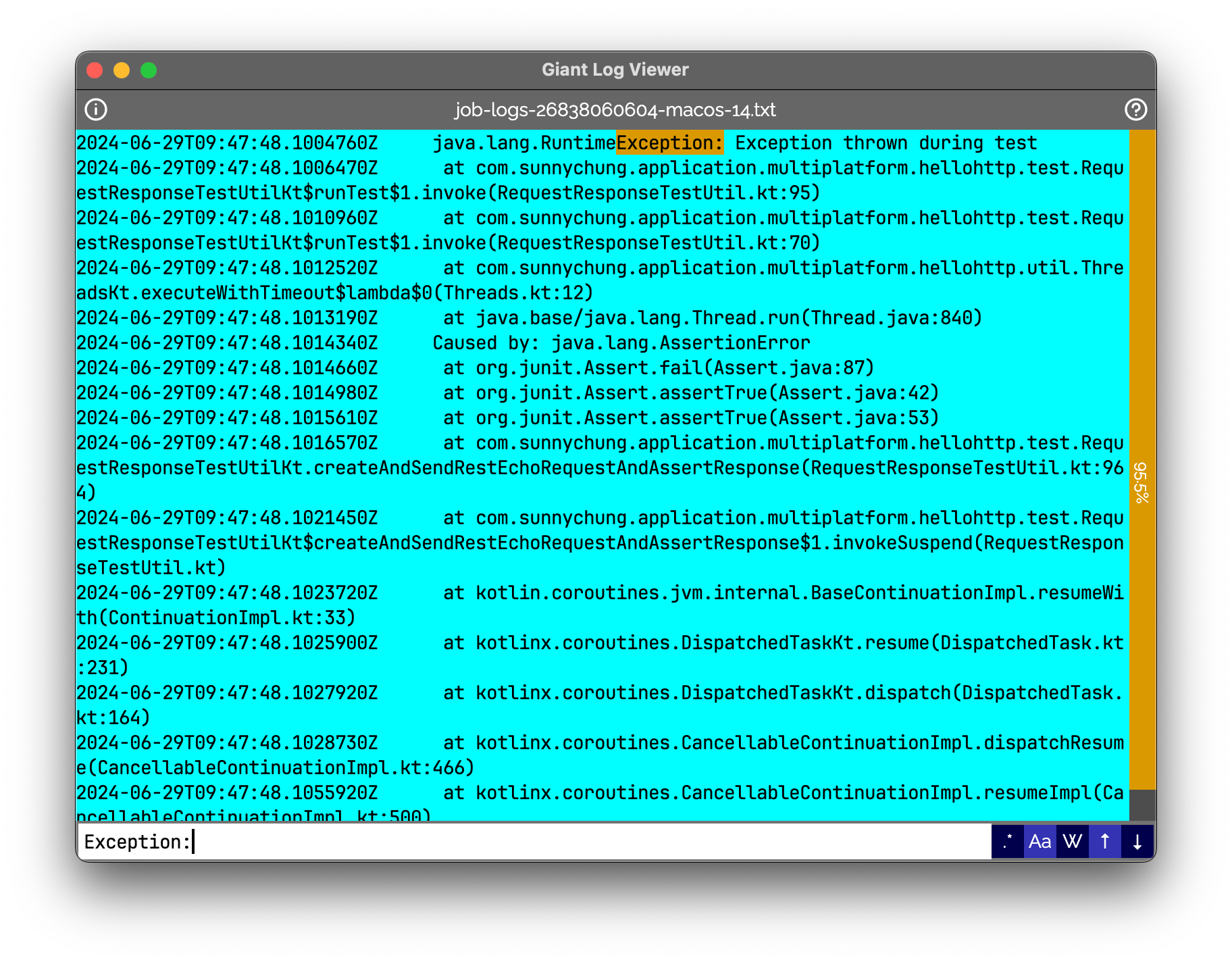
8- Compact Log Format Viewer
Compact Log Format Viewer is your sleek, cross-platform sidekick for taming Serilog’s JSON/CLEF logs. Filter, search, and explore massive logs with ease. Built for devs who love clean, fast, powerful tools.
It is currently available for Windows and macOS.
9- Analogy Log Viewer
Analogy log viewer is log viewer that can parse log files and stream logs from C#, Python, Java and others. You can also implement your own parsers or request to add new parsers for other logs
Analogy Log Viewer's Features
- Standalone Winform User Control to show log messages
- Aggregation into single view.
- Search in multiple files
- Combine multiple files
- Compare logs
- Themes support
- 64 bit support (allow loading more files)
- Personalization (users settings per user)
- Columns Extendable: Ability to add more columns specific to the data source implementation
- Exporting to Excel/ CSV files
- Collaboration-like feature: ability to send log messages to gRPC/WCF service and/or between data providers
10- JSON Log Viewer
json-log-viewer is an interactive, console-based tool for viewing and analyzing JSON log files. It supports filtering by JSON Path expressions with conditions like equals, has-substring, and has-key, using text operands.
11- JSON Log Viewer

Simple GUI JSON log file viewer.
12- json-log-viewer
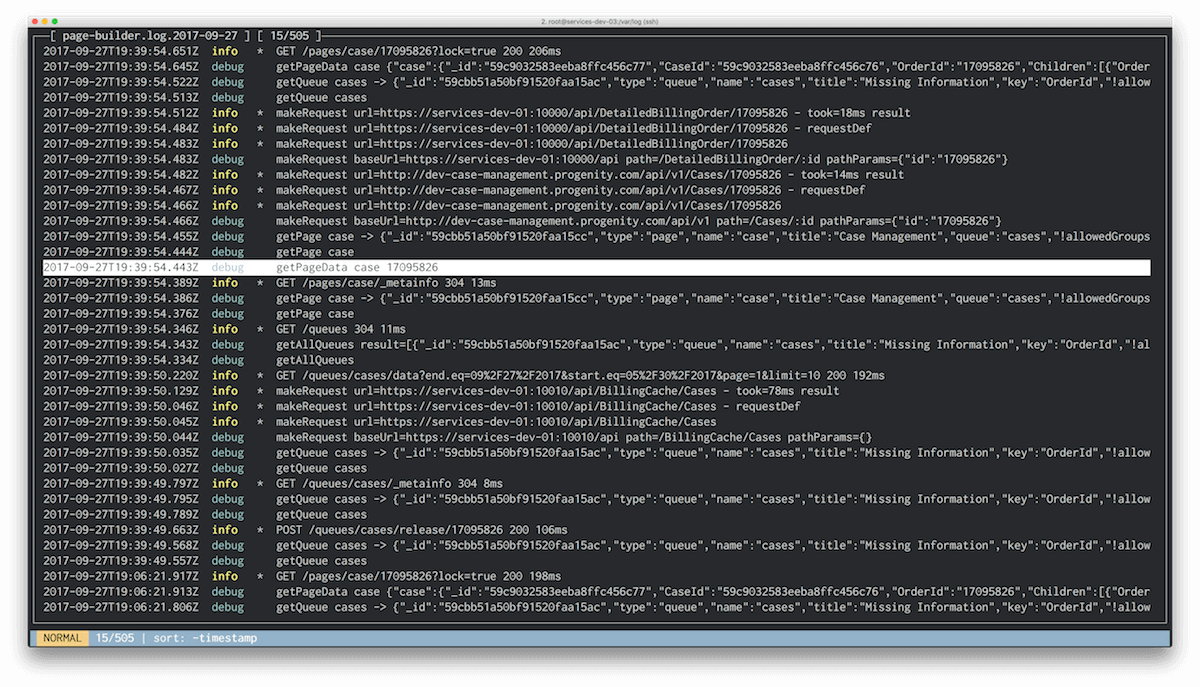
This is a free and open-source powerful terminal based viewer for JSON logs using Ncurses.
Features
- completely operated by hotkeys
- powerful command line arguments
- sort by timestamp, level or message
- filter by any field or metadata
- search
13- Log Viewer
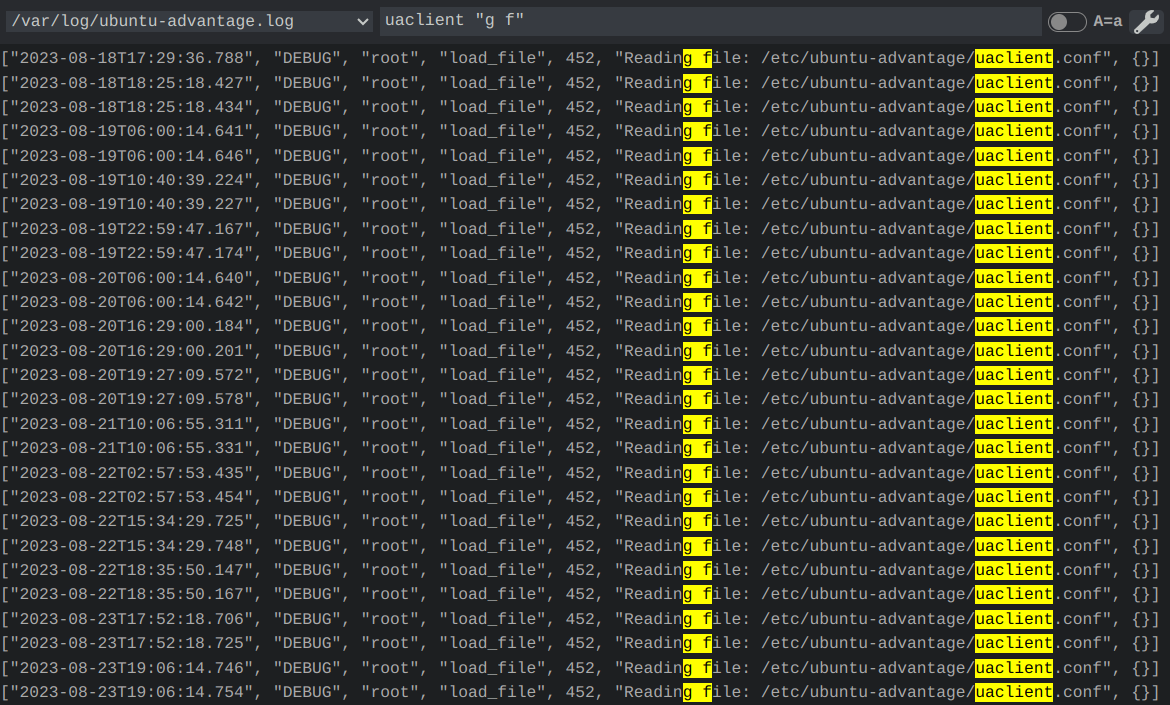
This is a cool tool that brings your server logs right into the browser, fast, secure, and incredibly intuitive. Forget SSH access or typing endless commands; this is log viewing reimagined for teams, auditors, or anyone who needs eyes on logs without touching the server.
Point it at a directory or use glob patterns (like /var/log/app/*.log), and it automatically starts watching, detecting new files, deletions, truncations, and even filesystem events in real time.
Whether it’s a rotating log or a suddenly truncated file, the tool keeps a temporary history so you never lose context. And best of all? It doesn’t spawn external processes, it’s lightweight, efficient, and runs quietly in the background.

14- Kubeson
Kubeson provides a tabbed interface to visualize JSON logs generated by multiple Kubernetes's pods.
It is composed of two panels, the first one contains the standard log view list, where you may browse the logs. Uppon selection of a JSON log line, it is displayed in the second panel, where the JSON is shown and formatted in a easy to visualize way.
Currently Kubeson only connects to the Kubernetes connection defined in the user's .kube folder. Kubeson's main usage is for developers to connect to minikube to visualize the logs.
Features
- Log level filters
- Multiple tabs to visualize multiple pods simultaneously
- Multiple pods in a single tab
- Search engine with text highlight
- Logs by APP Label (If the pod with the same APP label is restarted, the log is also restarted in the same tab)
- Logs colored by log level
- JSON viewer with collapsible arrays and objects
- JSON viewer automatically collapses arrays that have more than 4 elements
- JSON values that are strings but are actually valid escaped JSON, are converted to JSON in the JSON viewer
- Clear logs button
- Stop log feed button
- Stop log feed and continue in a new tab (When you want to more easily compare log outputs)
- Big JSON fields are hidden with the message: "******* CONTENT REMOVED, FIELD SIZE=%d *******". But the content can still be seen in the JSON viewer or clicking ctrl-c
- Export all log lines
- Export searched log lines
- Upgrade button in the info section
- Drag and drop log files
15- Leño
Leño is a web-based NDJSON log viewer that brings the power of tools like Kibana or Sumo Logic to your local machine, perfect for development.
It works seamlessly with the Pino logging library or any application that outputs JSON logs, offering an intuitive interface to explore, search, and analyze structured log data in real time.
16- OtrosLogViewer
This is a useful software for analysing applications logs and traces.
Its features include:
- Loading logs from remote servers using ftp, sftp, ssh, samba and others (supported file systems)
- Tailing logs from local disk and sftp
- Parsing logs from clipboard
- Decompressing "gziped" and "ziped" logs on the fly
- Parsing custom log patterns
- Log events searching using regular expression
- Log filters
- Pluginable log filters
- Log highlightings
- Automatic log highlightings based on string match, regular expression or custom Java code
- Pluginable log details formatters and colorizers (i.e. SOAP message)
- Pluginable log highlightings
- Pluginable log parsers
- Listening on a socket
- Adding notes to log event
- Saving/loading log investigation (with added marks and notes)
- Integration with IntelliJ IDEA and Eclipse
- Integration with stackoverflow.com
17- Log Viewer
Log Viewer is a handy tool to help you read logs happily in your browser, especially error logs. It also supports common code formatting and highlighting, such as XML, YAML, etc., especially supports ANSI formatting.
Its features include:
- Customized JSON formatting scheme, allowing you to clearly read JSON formatted error logs, especially call stack information.
- Format and highlight almost any text format, such as JSON, ANSI, HTML, YAML, etc.
- Supports text selection, element selection, clipboard.
- Quick access with shortcuts.
- Auto format page.
18- jl - JSON Log Viewer
jl (JL) is a parser and formatter for JSON logs, making machine-readable JSON logs human readable again.
19- Spiono
Spiono is a simple log viewer that parses a line-delimited file containing JSON entries. Spiono watches the log file and automatically updates as new entries are added.
20- Simple JSON Viewer
This is a command-line app that helps you to view and visualize JSON log files line by line.
21- woodlot
This is a powerful, all-in-one JSON logging utility designed for Node.js (v0.10+), perfect for modern web applications. It seamlessly integrates as an HTTP logging middleware with ExpressJS, capturing requests with full details like body, query params, headers, and cookies.
It supports custom logging across different levels and outputs logs in JSON, Apache common, or combined formats. Offers multi-file stream support for efficient log aggregation and features a simple, intuitive events API for easy integration and monitoring.
22- klp
klp is a lightweight, command-line interface (CLI) tool for analyzing and understanding structured logs in various formats. Designed for software developers involved in debugging and troubleshooting.
Supports logfmt, JSON Lines, CSV, TSV, SQLite and many other formats.
Single file Python script without dependencies apart from Python 3.7+ and its standard library.
klp features include:
- Focus on Essentials: Instantly highlight key fields: timestamp, log level, and message.
- Advanced Time Analysis: Track time gaps in logs, fuse bursts of events, and filter by complex time ranges.
- Smart Filtering: Filter by log level, time spans, or using Python expressions.
- Pattern Search: Grep in specific fields and show context lines. Use a wide range of built-in patterns to search or extract URLs, IPs, paths, email addresses, errors, and more.
- Visual Insights: Get statistics about the number of events and the occuring log levels, visually mark time gaps between events and see a succinct map of log level patterns.
- Enhanced Readability: Color-coding, per-key display, expandable newlines and custom output templates using Python expressions.
- Format Conversion: Convert between common formats like logfmt, JSON, JSONL, CSV, TSV and SQLite.
- Powerful Log Transformation:
Transform unstructured logs into structured data using Python code and convenient helper methods. Create simple ad-hoc parsers for your own custom formats, add proper field names and save the result in any of the supported output formats.
23- ULogViewer
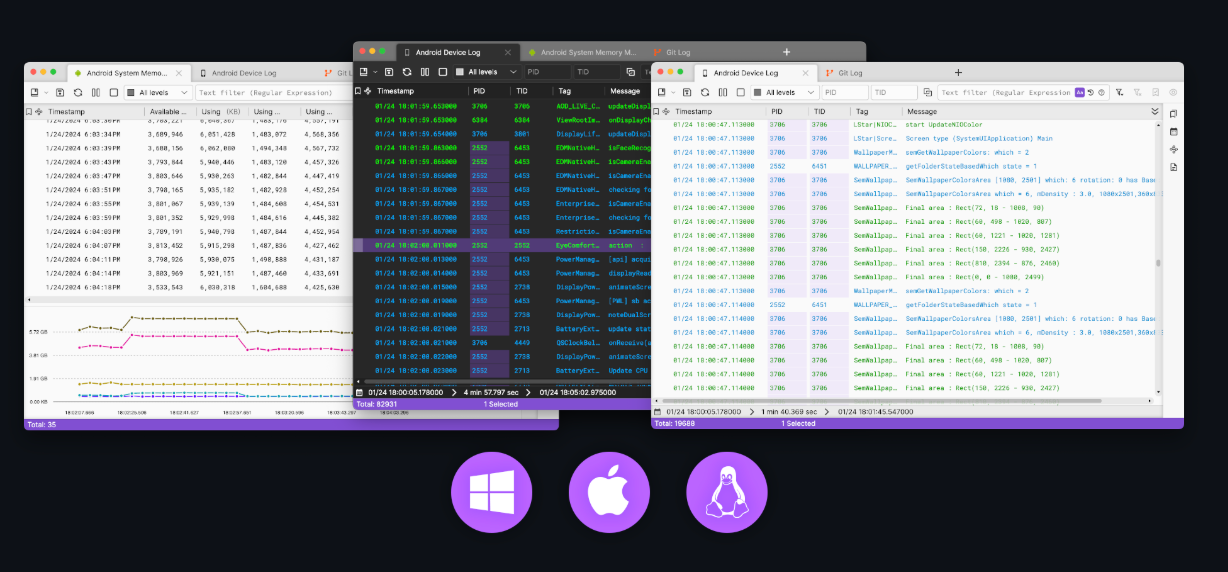
ULogViewer is a .NET based cross-platform universal log viewer written by C# which supports reading, parsing and analysing various type of logs.
It works for Windows, Linux and macOS.
24- Logs JSON Viewer
Logs JSON Viewer enhances the readability of JSON data in ProcessLogger by formatting it in a clear, structured, and expandable way. Since log files only support strings, developers often use json_encode() to store array data as JSON strings, resulting in dense, hard-to-read entries.
This module leverages the json-viewer library to transform those plain JSON strings into interactive, collapsible trees with syntax highlighting, making it easier to inspect and navigate logged data directly within ProcessLogger.
Features:
- Switch between formatted and unformatted JSON views using a toggle button
- Progressively expand or collapse nested JSON levels for easy navigation
- View child item counts and data types (e.g., object, array, string) for each JSON node
- Search for text within the entire JSON structure
- Copy full or partial JSON data to the clipboard (requires HTTPS)
- Enhances readability of JSON logs in ProcessLogger
- Converts serialized JSON strings (e.g., from
json_encode()) into structured, interactive trees - Uses the json-viewer library for rich visualization
- Supports collapsible, syntax-highlighted JSON rendering
- Ideal for inspecting log entries containing JSON data directly in the browser
25- jlv
This is a terminal-based TUI JSON log viewer written in Go.
26- Pega-LogViewer
Pega-LogViewer is a Java Swing tool designed to analyze Pega-generated log files, including PegaRULES, ALERT, SecurityAlert, CTI, and system state outputs (JSON/ ZIP). It displays log entries in a table format with columns based on standard log patterns from prlogging.xml.
If custom patterns are used, users can manually input them. Logs are color-coded by severity, red for errors, green for info, etc. and ALERT logs highlight critical entries in red. The built-in timeline graph updates dynamically based on table filters, providing a visual view of log distribution over time.
27- BigFile (logviewer for very large logfiles)
BigFile delivers Unix-like power (think less, tail, grep) through a modern, user-friendly interface, enabling fast searching, real-time viewing, and smooth navigation of large JSON, XML, or compressed logs. You can read about it in the following review.

28- Cute Light Text Previewer
This is a free cross-platform application that opens and translates large text files instantly.
Stay sharp. Stay informed. And always know what your logs are really saying.

